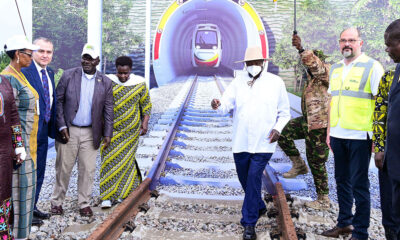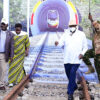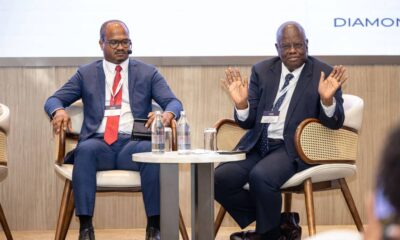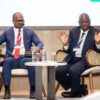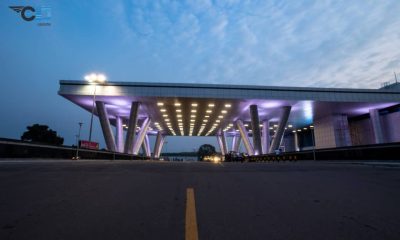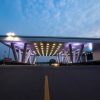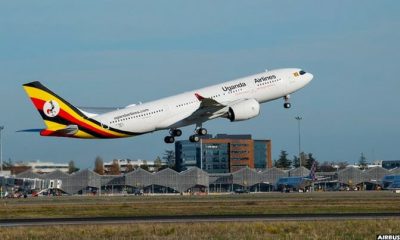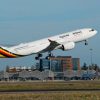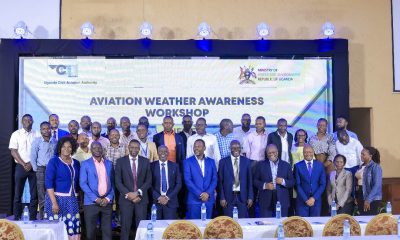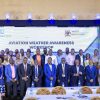Travel
When the engine stopped in the middle of the lake
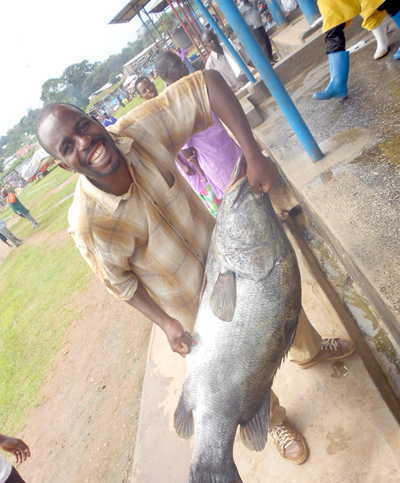
Nile pearch is one of Uganda’s top selling fish
This time the message we are delivering is on cage fish farming. Our mission is to encourage fisher communities to start rearing fish in cages. This is necessitated by decreasing fish catches in Uganda’s waters.
We are to cover several fish landing site on the mainland and on the Island of Koome.
Having spent the night in Mukono town, we join corruption riddled Katosi Road on December 19 only to find it blocked by rowdy young men over dust. We have to reverse very fast before the police arrive with teargas.
The alternative route is much longer, rougher but safer for now. Today we are to work at the landings of Kiziru, Buleebi, Nangoma and possibly Katosi.
Somewhere Saul has to ride at the back of our aging pick-up because there is not enough space inside the car. We have picked up some very important people for our activity in the next landing sites.
The night passes at a nameless lodge in Katosi. This place only offers you a bed and mattress. No pillow, no water, no soap, no towel, no slippers, no toilet paper, no table, and no lock at the door. You can, however, get water and bed sheets on request. This is one of the best places to spend a night at here.
It is the morning of December 20 and I have to wear a lifejacket for the 3-hour boat ride to Koome Island. We are joined by Mukono District Woman MP Peace Kusasira and Mukono LC5 Vice Chairman Musa Kiggundu. The leaders of this district are excited about cage fish farming and have mobilised their Koome electorate for a seminar on the subject at the Koome sub county community hall.
After the seminar we have to spend the night at Zingoola landing site. This is the best “hotel” here. Alice, in room 5, is my immediate neighbour. But I can hold a conversation with Colleb two rooms away because the sound goes unhindered.
Outside we have a small wooden bathroom but it is locked. Even if it were open I doubt any of us can use it. Our rooms can serve that purpose if used carefully so, no worries!
The nearest latrine is half a kilometre away from here and we are informed it has faeces all over the floor. It is important for us to tame our appetite. In the event of a running stomach, a boda boda will be required to access a distant but cleaner bush. A return journey costs Shs 2000. That is beside the risk of embarrassment if the bowels burst in public.
There is a lot to see in the places we visit the following day. Cooking stones at Kisu landing site, a wooden flat at Lugumba landing site and here, these kids offer to dance for me.
Whole day we have been on water with a faulty engine on our hired boat. It keeps leaking fuel and sometimes goes off. As the time approaches 8pm we see our destination on the mainland, Katosi. But we can’t get there before the engine fails again. It is dark and no one can see us. Strong winds start to blow our boat in the opposite direction, towards the deep, open waters of Lugumba, the place of our last visit on Koome Island.
“Is fuel finished,” asks Stephen. “No. There is fuel. I don’t know what the problem is now,” responds the coxswain. Ring, ring; my mother calls. I don’t know what to tell her now. “Mom I am on a boat. Will call you back in a few minutes,” I say hastily. When the engine re-starts several minutes after there is a sigh of relief! Another night at the nameless lodge!
The following morning is quite exciting. Fish is being brought from the Islands to Katosi, the main landing site here, but the place is not as active as it used to be.
As we end our tour with that message at Saul’s back, “increasing fish productivity,” I reflect on what we have been through. These people do a lot of work amidst loads of risks. Their boss, Dr. John Balirwa, a result-oriented man, and an honorary member of the Uganda Science Journalists Association (USJA), will congratulate them after every successful trip, and send them on another mission. He himself has gone through it all!
Comments



